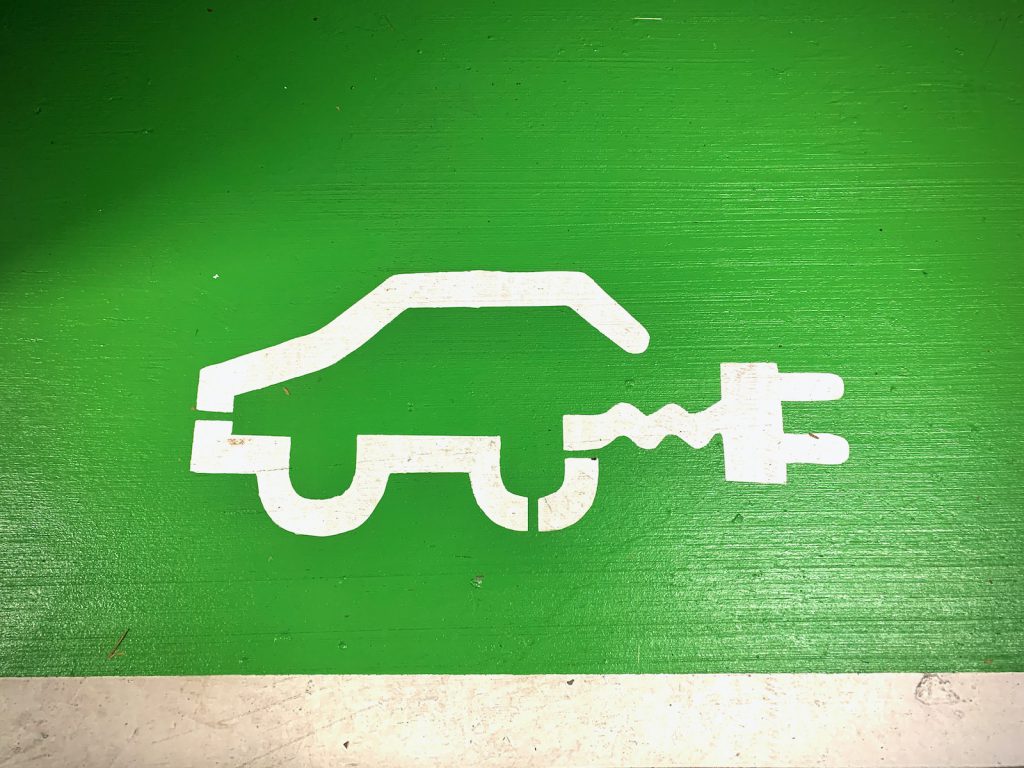In the pursuit of more sustainable transportation options, switching to a hybrid vehicle has emerged as a popular choice for both environmentally conscious consumers, as well as those looking to lower fuel cost. The combination of traditional internal combustion engines with electric propulsion offers a promising compromise between fuel efficiency and reduced environmental impact. In this blog post, we will conduct a comprehensive cost/benefit analysis to help you navigate the decision-making process of switching to a hybrid vehicle.
Benefits of Hybrid Vehicles:
Fuel Efficiency and Cost Savings:
One of the primary advantages of hybrid vehicles is their improved fuel efficiency. By seamlessly switching between the gasoline engine and electric motor, hybrids optimize energy usage, leading to fewer trips to the fuel pump and reduced overall fuel costs.
Environmental Impact:
Hybrids produce fewer emissions compared to traditional gasoline-powered vehicles. The integration of electric power can significantly lower the carbon footprint of your daily commute, contributing to a cleaner environment and reduced air pollution.
Government Incentives:
Many governments around the world offer incentives to encourage the adoption of hybrid vehicles. These incentives may include tax credits, rebates, or reduced registration fees, providing a financial motivation for consumers to make the switch.
Regenerative Braking:
Hybrids often feature regenerative braking systems, which convert kinetic energy into electric energy during braking. This not only enhances fuel efficiency but also extends the lifespan of the brake system, potentially reducing maintenance costs.
Quiet Operation and Smoother Driving:
The electric component of hybrid vehicles allows for quiet operation, especially at lower speeds. Additionally, the combination of the electric motor and gasoline engine provides a smoother driving experience, enhancing overall comfort.
Costs and Considerations:
Higher Initial Cost:
Hybrid vehicles generally have a higher upfront cost compared to traditional gasoline-powered cars. While the price difference has decreased over the years, potential buyers should be prepared for a larger initial investment.
Battery Replacement Costs:
The battery in a hybrid vehicle is a critical component, and over time, it may need replacement. Battery replacement costs can be significant, and the lifespan of batteries varies among different models. However, advancements in battery technology are steadily reducing these costs.
Limited All-Electric Range:
Hybrids, unlike plug-in hybrids or electric vehicles, have a limited electric-only range. This means that for longer journeys, the gasoline engine will be the primary source of power, potentially reducing the overall fuel efficiency.
Maintenance and Repair Costs:
While switching to a hybrid may lower maintenance costs compared to traditional vehicles, repair costs for hybrid-specific components can be higher. Specialized knowledge and training are often required for servicing hybrid systems.
Resale Value:
The resale value of hybrid vehicles can be a concern for some buyers. However, as hybrid technology becomes more widespread and accepted, resale values are showing signs of improvement.
Switching to a hybrid vehicle involves careful consideration of both the benefits and costs associated with this eco-friendly alternative. Factors such as fuel efficiency, environmental impact, and potential government incentives contribute to the appeal of hybrid vehicles. However, buyers must weigh these advantages against the higher upfront costs, potential battery replacement expenses, and other considerations unique to hybrid technology. Ultimately, the cost/benefit analysis should align with your personal preferences, driving patterns, and long-term financial goals, helping you make an informed and sustainable choice for your next vehicle.

